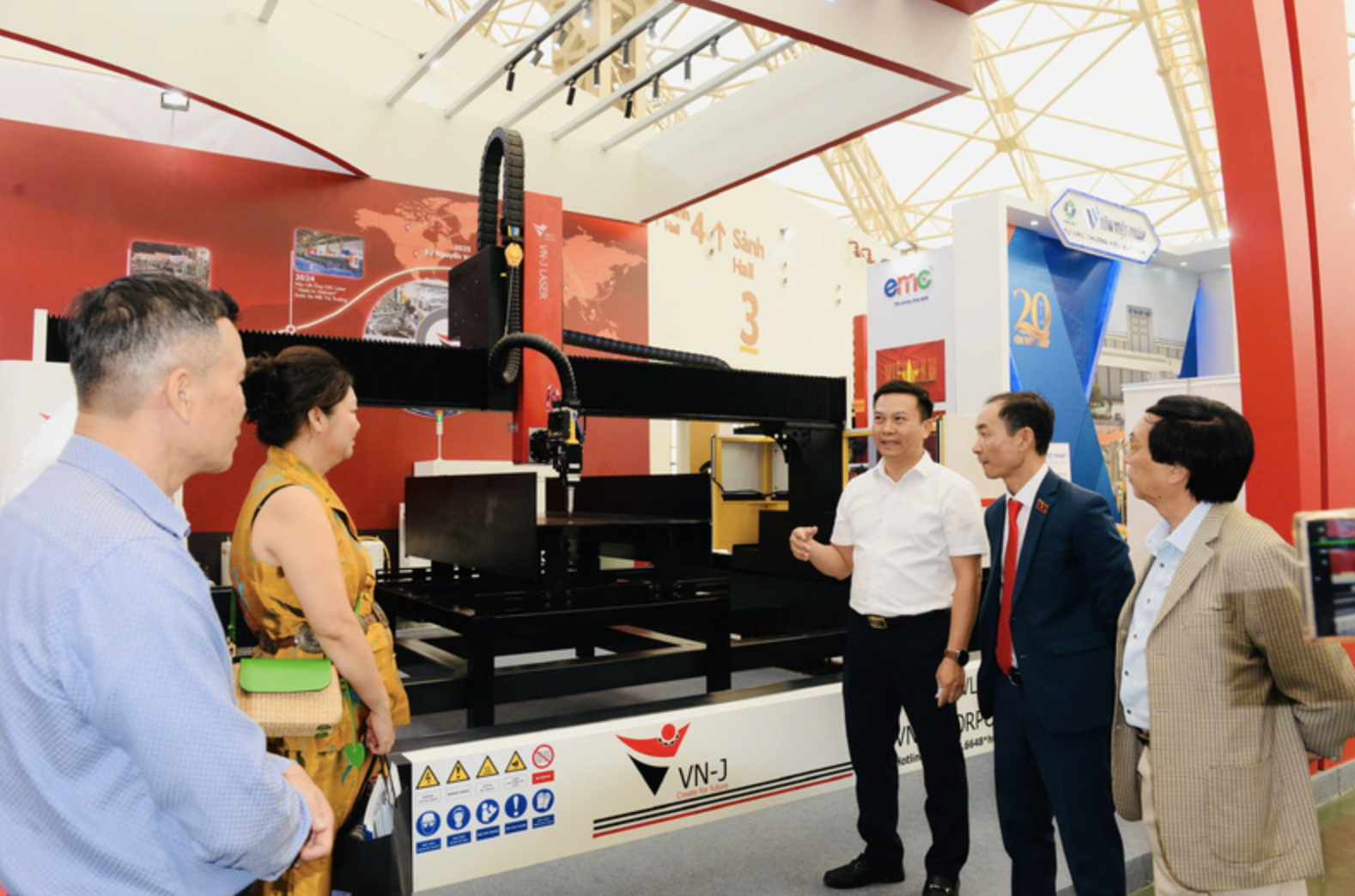
Supporting industries look to a new spring of growth
19:05 | 23/03/2025 18:04 | 20/02/2026Industry
Boosting rural industry with purpose
Following Decision No. 4159/QĐ‑UBND on September 17, 2020, the Hanoi People’s Committee launched its industrial promotion program for 2021-2025, focusing on five priority areas. The results have been significant, steering the capital’s rural industry toward greater modernization and sustainability.
According to the Hanoi Department of Industry and Trade, over the past five years the city organised nearly 100 training courses, attended by almost 10,000 management officials, business leaders, and rural manufacturing establishments. The training covered a diverse range of topics-from managerial skills, product design, import-export procedures, and marketing to international integration. This initiative enabled traditional craft villages and production sites to access modern management knowledge and start shifting their business mindset.
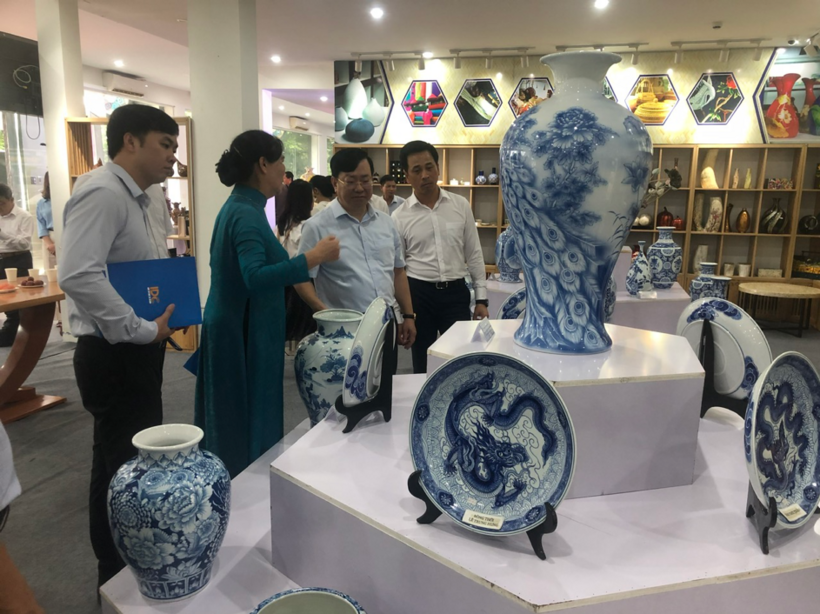
Hanoi shifts focus to green rural industry, prioritizing eco-friendly tech, high-value products, and sustainable development in its new industrial strategy.
Notably, Hanoi supported close to 40 rural manufacturing facilities in modernising their equipment and integrating advanced machinery. Many of these facilities, after receiving support, boldly invested tens or even hundreds of billions of VND to upgrade production lines, enabling their products to better meet market demands. In parallel, the city organised evaluations and recognised 233 exemplary rural industrial products at city level, creating opportunities for rural items to expand beyond village confines and strengthen their brand profile at a larger scale.
“Industrial promotion, with partial state funding, has encouraged many small facilities to grow and innovate,” said Nguyen Anh Duong, Deputy Director of the Hanoi Department of Industry and Trade. “Some micro-enterprises have evolved into small and medium-sized businesses, creating jobs and generating long-term value.”
From 2021 to 2025, Hanoi’s industrial promotion program has clearly functioned as a catalyst for the rural manufacturing sector, helping numerous facilities overcome limitations and transition from small-scale, fragmented production to structured, market-oriented operations.
Despite these positive advances, rural manufacturing in the capital still faces significant obstacles. Outdated technology, limited investment capital, and dispersed production models make scaling difficult. Many establishments lack capacity to access scientific and technological advances, are slow in digital transformation, and fall behind in product innovation and packaging. Moreover, increasing scarcity of input materials and rising costs are intensifying pressures on enterprises.
Deputy Director of the Hanoi Department of Industry and Trade Nguyen Anh Duong emphasised that under the rising green economy trend, without a shift in promotional thinking, it will be very difficult to stimulate the rural manufacturing sector to keep pace. The state must evolve from merely providing administrative support to guiding, connecting, and walking alongside businesses.
Renewing mindsets, building a green ecosystem
Entering a new phase, Hanoi has set out to comprehensively reform its industrial promotion efforts, aiming to keep pace with the shift toward a green economy, digital transformation, and deep global integration.
The key focus for the 2026-2030 period will be developing an environmentally friendly rural industrial ecosystem aligned with global consumption trends. As part of this direction, the Department of Industry and Trade will propose to the City People’s Committee a detailed industrial promotion program for the 2026-2030 period.
In particular, the city will prioritize support for technical demonstration models, technology transfer, and the adoption of modern machinery for green production; the development of new products, exemplary rural industrial products, and high value-added products-especially those that are ecological and sustainable.
Support will also be given to brand building, trademark and intellectual property development, helping rural products secure a strong foothold in the market. Enterprises will be encouraged to apply standards, regulations, and criteria for eco-friendly products, linking production with environmental protection. Inter-provincial and inter-regional industrial promotion activities will be strengthened, fostering closer cooperation among localities to form a unified production and distribution network.
More importantly, industrial promotion must go beyond financial and technical assistance to become a tool that connects enterprises with markets, green capital, and new technologies.
“As we move into the next phase, industrial promotion policies must be grounded in real-life needs, with businesses and citizens at the center. We cannot impose a one-size-fits-all model we must engage in dialogue, listen carefully, and design flexible policies tailored to each industry and locality. Only then can we build an integrated and green ecosystem that offers long-term momentum for sustainable enterprise development,” emphasized Deputy Director of the Hanoi Department of Industry and Trade Nguyen Anh Duong.
To realize this goal, Hanoi also aims to accelerate digitalization in both management and production. Industrial promotion will accompany businesses in traceability, the application of clean technology, product placement on e-commerce platforms, and integration into global value chains. This is considered a necessary step in the context of international trade becoming increasingly linked to environmental standards and sustainable development.
Hanoi will prioritize the development of green rural industries, promoting environmentally friendly products.

19:05 | 23/03/2025 18:04 | 20/02/2026Industry

19:05 | 23/03/2025 17:48 | 20/02/2026Trade
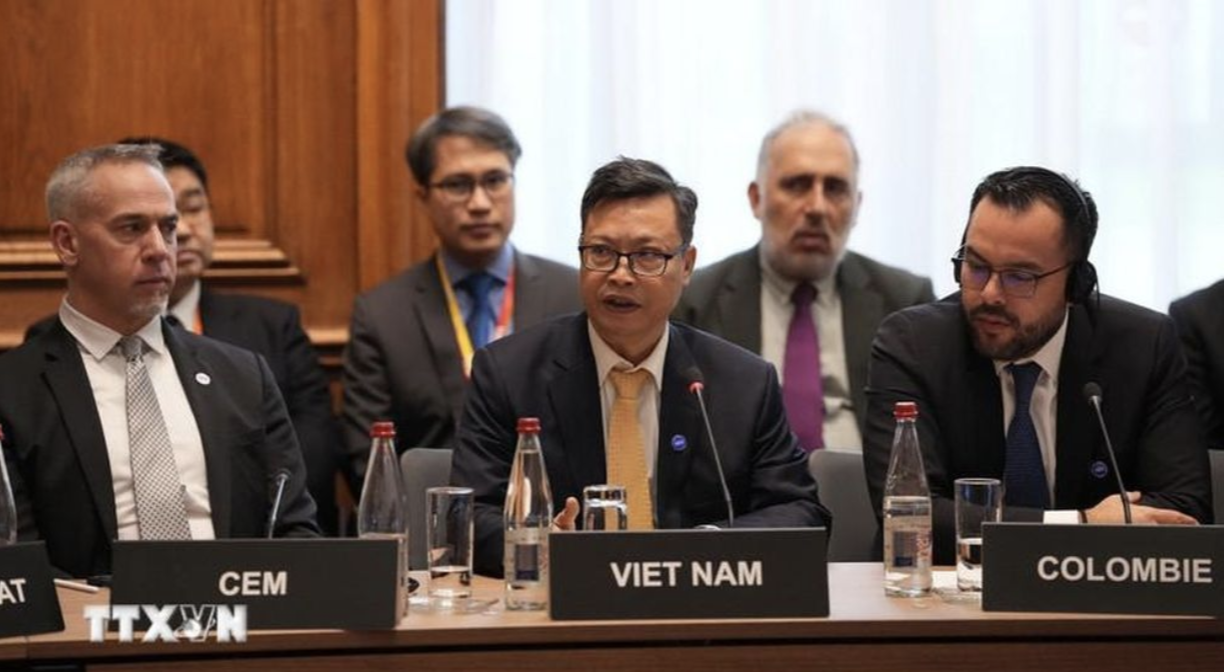
19:05 | 23/03/2025 16:25 | 20/02/2026News and Events
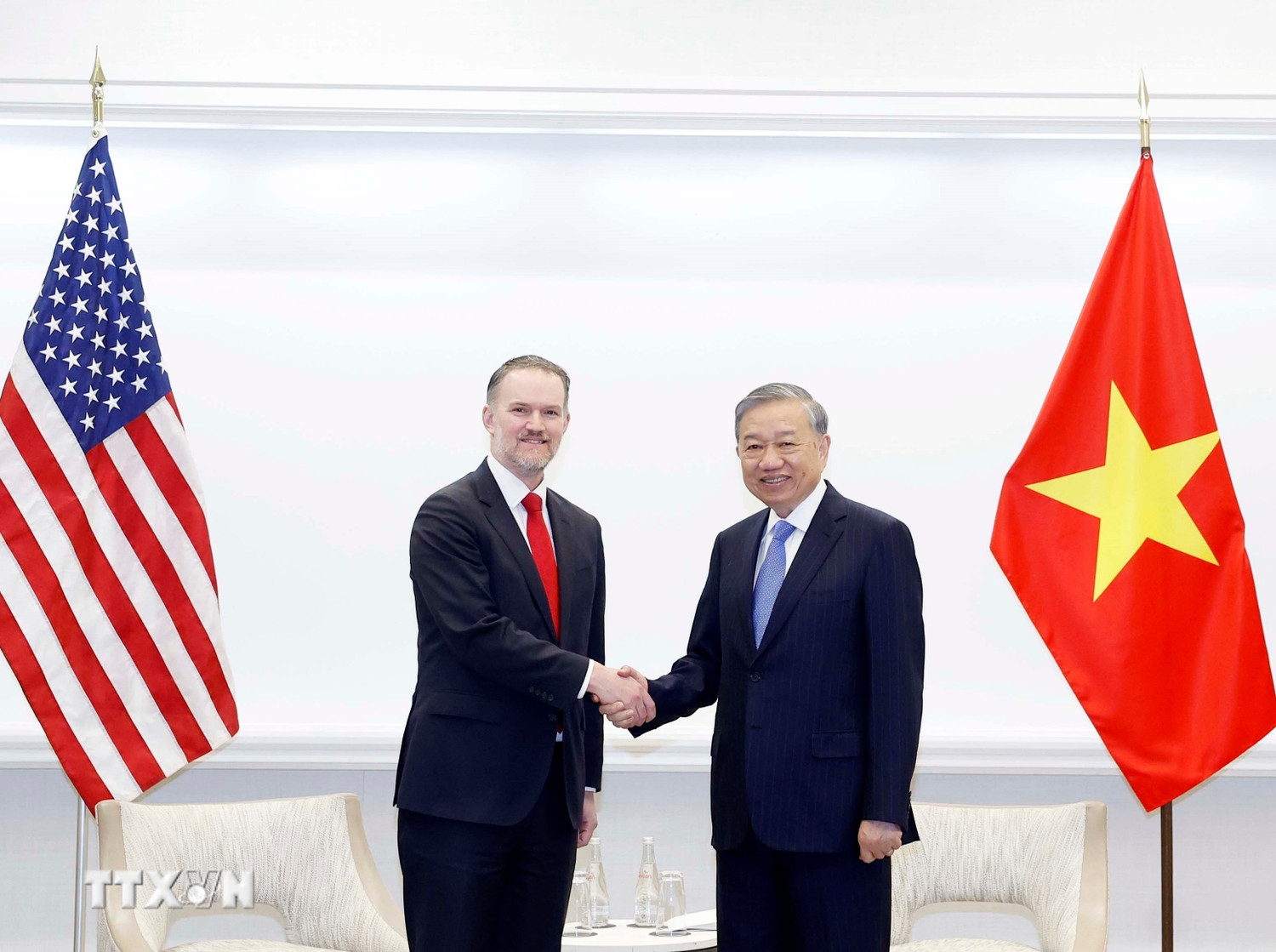
19:05 | 23/03/2025 16:23 | 20/02/2026News and Events
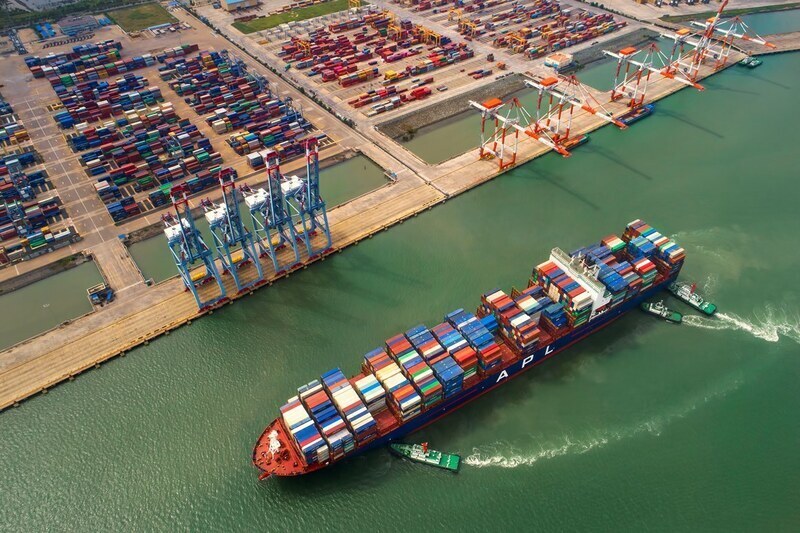
19:05 | 23/03/2025 11:22 | 20/02/2026Industry